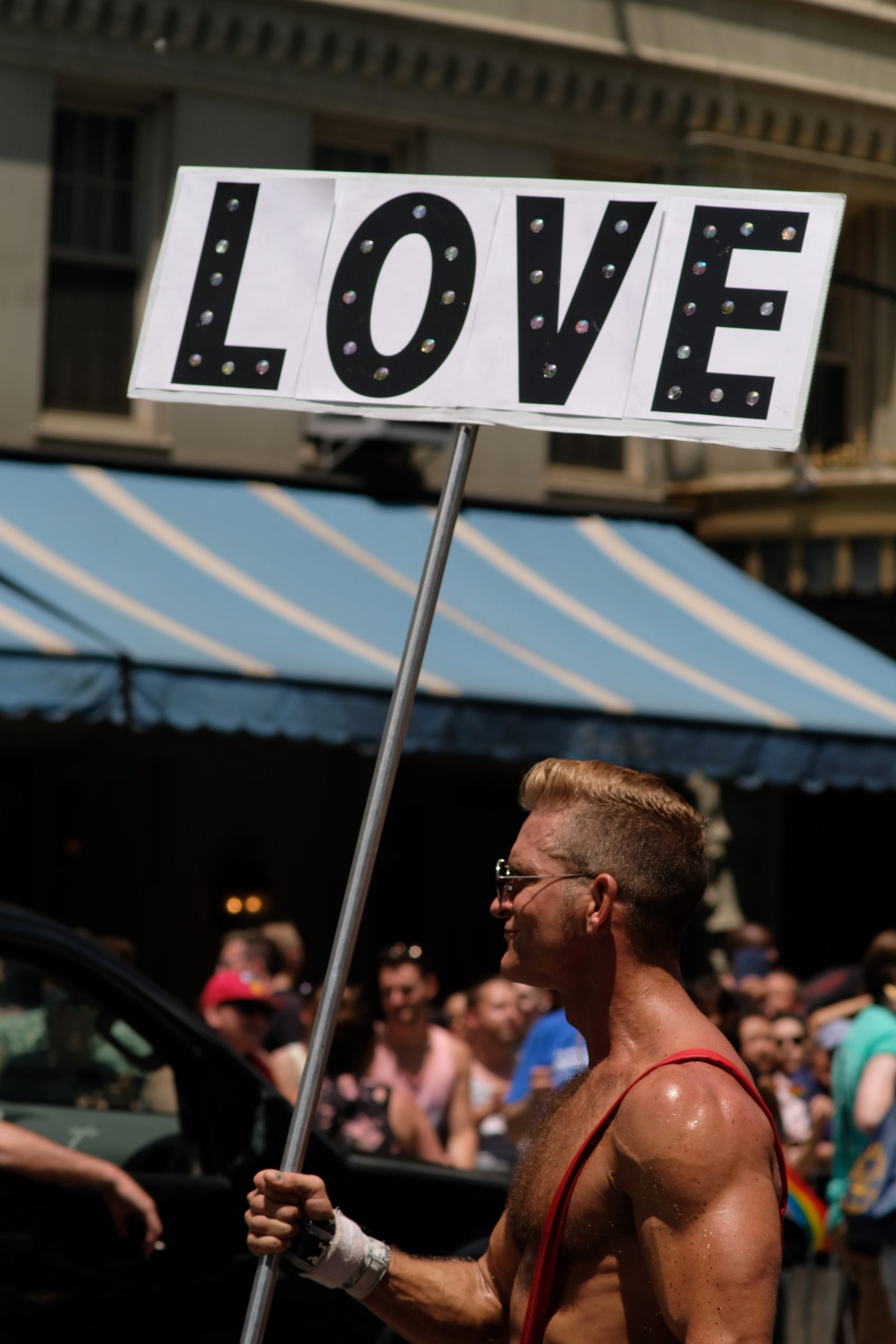Words by Julia Pillai | @juliapillai
HIV often conjures negativity. The grim reaper ads of the 80s and 90s reflect the stigmas which have surrounded the virus for some time. But in 2018, the management and prevention of HIV is better than ever. The latest research breakthrough is U=U, which stands for ‘undetectable equals un-transmittable’. An article published in The Lancet medical journal last November stated that within “three large studies of sexual HIV transmission in thousands of serodiscordant couples… not a single case of sexual transmission of HIV from a virally suppressed HIV-positive person to their HIV-negative partner was reported.”
This means that if a person living with HIV has an undetectable viral load, they will not receive HIV related complications or pass the virus on to anyone else. The Institute of Many (TIM) is a grassroots organisation for people living with HIV. TIM ran video campaigns featuring people living with HIV to educate others about U=U.
“U=U is an absolute revolution,” TIM co-founder, Nic Holas said.
“You don’t want to be that person who inadvertently passes on HIV to your partner. Knowing that if you have an undetectable viral load there’s no risk of transmission is a great thing.”
Living Positive Victoria (LPV) is an organisation that provides peer support and systemic advocacy for people living with HIV. LPV Health promotion officer Timothy Krulic, says that the response from people living with HIV to U=U “depends on health literacy”.
“Some people are well educated about HIV, and for them, knowing about U=U is comforting. It takes a lot of anxiety out of their minds,” Krulic said.
“For people with lower health literacy—such as people from CALD communities, people who aren’t connected with the Queer community, or international students—U=U might be harder to understand.”
Timothy Krulic said that while the education about HIV is higher and the stigma around HIV is lower in the queer community, it is this same community “where people living with HIV experience [stigma] most”.
“For a lot of the time, when [gay and bisexual men living with HIV] experience stigma, it’s in the form of rejection and fear from partners and lovers. It’s really hard to hear from those people.”
“If a (HIV) negative person believes that they don’t know anybody living with HIV, they are wrong. They probably do know someone with HIV they just haven’t chosen to tell you yet. So you should be aware that anything you say about HIV is going to be heard by that PLHIV (person living with HIV). They are going to believe you think that about them.”
Timothy Krulic also thinks it is important to consider people living with HIV who are not gay or bisexual men.
“We have a small number of women who interact with Living Positive Victoria, and we are close partners with Positive Women Victoria. Living with HIV can be isolating for women. Sometimes the health literacy can be lower if they aren’t from the queer community, especially if they are CALD. It can be scary.”
While the prognosis is positive for people living with HIV today, great strides are also being made to prevent HIV altogether. Pre-exposure Prophylaxis, also known as PrEP, is a daily medication that can minimise the risk of contracting HIV. PrEP has been available in Australia through personal importation for a few years and can now be prescribed by any GP.
PrEP Access Now (PAN) is an organisation that campaigns to make PrEP more accessible. PAN representative Michael Whelan says together PrEP and U=U are groundbreaking.
“Getting on board with U=U is one of the most amazing tools we have to break down stigma,” Whelan said.
“It takes the weight off them. PLHIV know that they are protecting their partners with U=U, and their partners can protect themselves by taking PrEP.”
In the early days of PrEP, there was some apprehension, such as false beliefs that PrEP would lead to unsafe sex or HIV virus mutations.
“People who are advocating for PrEP are smashing down fallible misconceptions. Now [gay and bisexual men] who are not on PrEP are becoming the minority.”
Whelan also thinks it is important to think about HIV outside of the queer community.
“In a western context, about 20-30 per cent of people living with HIV are not gay or bisexual men. And outside of a western context, most people with HIV are heterosexual women,” he said.
“Talking to my family, my mum and dad, and straight friends about PrEP and HIV is important. HIV is not a gay mens’ issue. It affects us all.”
The RUSU Queer Department has ties with organisations such as Victorian Aids Council and queer health organisations. The RMIT queer department has information and brochures available in the queer lounge.
City Campus Lounge: Building 5, Level 1, Room 17
Bundoora Campus Lounge: Building 202, Level 2, Room 24
Brunswick Campus Lounge: Building 515, Level 1, Room 4


